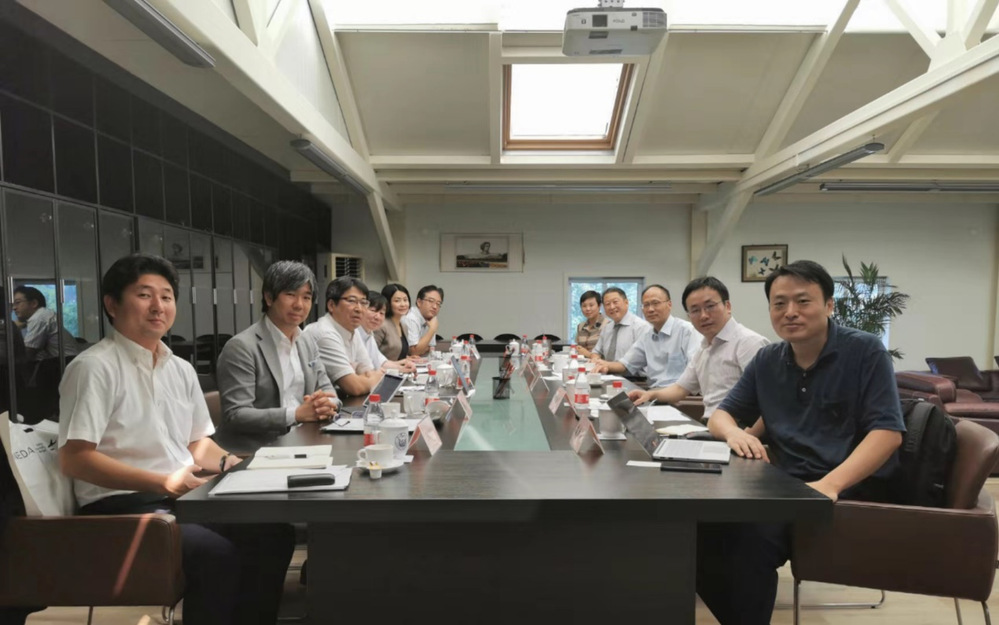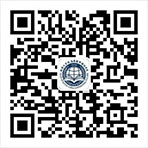
A delegation led by Prof. KAWASHIMA Shin from the University of Tokyo visits our school
At the invitation of Dean Prof. Men Honghua, a 6-member delegation led by Prof. KAWASHIMA Shin from the University of Tokyo visited Tongji University on the morning of August 30, 2019. At a symposium moderated by Associate Dean Prof. Zheng Chunrong, the two sides discussed issues such as China-US-Japan relations, regional economic cooperation, and security in the Asia-Pacific region.

At the symposium, scholars from both sides emphasized that the current China-Japan relationship itself and the external environment it is facing have changed. From an economic perspective, the trade war started by the US has brought risks to both China and Japan. At the same time, China-US relations are facing economic and trade, political and military challenges, with the next steps attracting global attention. The Trump administration’s policy uncertainty and its contempt for free trade and multilateralism have had an unprecedented impact on the world.
At present, China-Japan relations are improving markedly, as evidenced by the resumption of the summit meeting that has been suspended for years. There is room for economic and trade cooperation within regional economic framework. In the context of the rise of China and the increasing economic interdependence between China and Japan, the Japanese side believed that China’s self-confidence in security and economy and its diplomatic initiative may bring positive impact to the region. In view of a free and open international order in the Indo-Pacific region that Japan expects, Japan considers how a rising China will affect the international order, and how to carry out economic cooperation with China in the third-party country under the Belt and Road Initiative. Now that China and the US are competing in the political, economic, and military fields, how can China and Japan improve mutual trust in security in surrounding waters such as the South China Sea and the East China Sea?
China’s economic development has propelled the world economy, and China has also provided a huge market for the US and Japan. Mutual benefit and win-win results should be the common goal. Scholars from both sides agreed that despite the complex and volatile situation in the Asia-Pacific region, the goal of promoting regional economic cooperation between China and Japan remained unchanged. The two neighbors can strengthen cooperation, uphold the multilateral trading system, and promote free trade within the regional economic cooperation frameworks such as CPTPP and RCEP. China and Japan can give play to their respective advantages under the BRI to strengthen cooperation in such areas as infrastructure construction. On issues like the denuclearization of the Korean Peninsula, China, the US and Japan should enhance their sense of responsibility and work in the same direction. As influential players in the Asia-Pacific region, countries like China and the US should properly handle differences and expand the converging points of common interests to better provide public goods for the region and maintain regional peace and stability.
The delegation members included Professor KAMIYA Matake from the National Defense Academy of Japan, Professor HOSOYA Yuichi from Keio University, Professor ŌBA Mie from Tokyo University of Science, KIKUCHI Yona, Vice President and Secretary General of the Council on East Asian Community (CEAC), and Associate Professor SAHASHI Ryo from the University of Tokyo. The symposium was also attended by Professor Xia Liping from our school, Associate Professor Zhong Zhenming, head of the Department of International Relations, Associate Professor Dai Weilai from the Department of Diplomacy, and Associate Professor Wang Liqin from the Department of International Relations.






